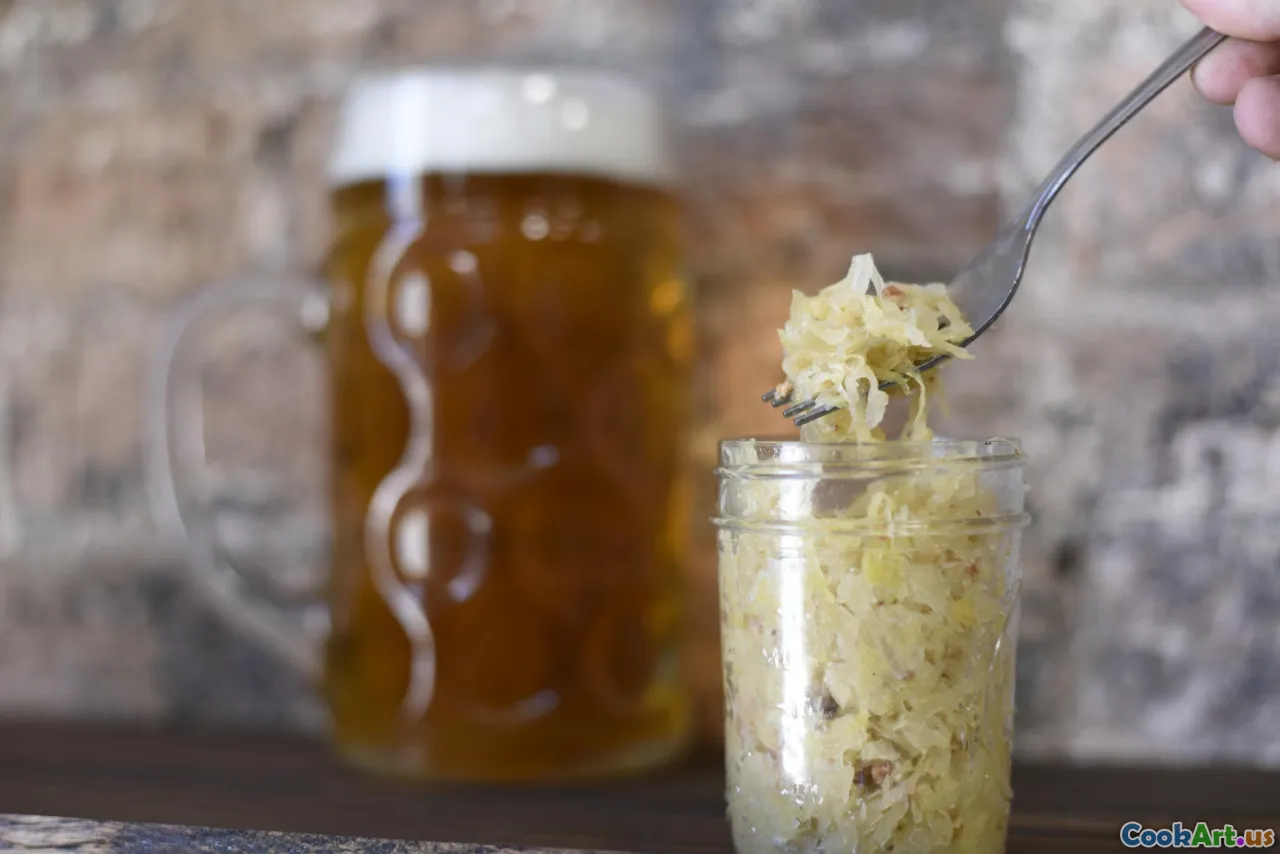Health Benefits of Eating Kimchi
8 min read Discover how kimchi, Korea's iconic fermented side dish, boosts your health with probiotics, antioxidants, and immune-boosting properties. April 21, 2025 18:55
Health Benefits of Eating Kimchi
Imagine biting into a vibrant, tangy, and slightly spicy side dish that not only tantalizes your taste buds but also nurtures your body from within. That dish is kimchi — Korea’s beloved fermented vegetable medley that has been cherished for centuries. Beyond its bold flavors and cultural significance, kimchi is a powerhouse of health benefits, making it a must-have in a balanced diet.
The Cultural and Historical Significance of Kimchi
Kimchi is more than just a food; it’s a symbol of Korean identity, resilience, and community. For centuries, Koreans have perfected the art of fermenting vegetables—most commonly Napa cabbage and radishes—using a blend of chili powder, garlic, ginger, and fish sauce. Traditionally prepared during the harsh winter months, kimchi was a way to preserve the harvest and ensure nourishment during times when fresh produce was scarce.
In Korean households, making kimchi is a communal event, often involving entire families in the preparation process. This tradition not only fosters social bonds but also transmits culinary knowledge across generations. The fermentation process, which transforms simple vegetables into a complex, flavorful dish, is a testament to human ingenuity and the deep connection between food and culture.
The Science Behind Kimchi’s Health Benefits
1. Rich in Probiotics and Gut Health
At the heart of kimchi’s health benefits lies its fermentation process. During fermentation, naturally occurring lactic acid bacteria (LAB) such as Lactobacillus kimchii thrive and multiply. These probiotics are live microorganisms that confer health benefits when consumed in adequate amounts.
Probiotics are renowned for promoting a healthy gut microbiome — the community of microorganisms that influence digestion, immunity, and even mental health. Regular consumption of kimchi introduces beneficial bacteria into the digestive system, helping to balance gut flora, improve digestion, and reduce symptoms of bloating or constipation.
2. Boosts Immune Function
A significant portion of our immune system resides in the gut. By maintaining a healthy gut microbiota, kimchi indirectly supports immune defenses. The probiotics in kimchi stimulate the production of antibodies and enhance the activity of immune cells such as macrophages and T lymphocytes.
Moreover, kimchi contains ingredients like garlic, ginger, and chili peppers, which possess antimicrobial and anti-inflammatory properties. These components help combat pathogens and reduce inflammation, further strengthening immune resilience.
3. Rich in Antioxidants and Nutrients
Kimchi is a treasure trove of antioxidants, including vitamins C and E, carotenoids, and flavonoids. These compounds neutralize harmful free radicals in the body, reducing oxidative stress and lowering the risk of chronic diseases such as heart disease, cancer, and neurodegenerative conditions.
Additionally, kimchi provides essential nutrients like fiber, vitamin K, B vitamins, and minerals such as calcium, iron, and potassium. The fiber content aids digestion and promotes satiety, supporting healthy weight management.
4. Supports Cardiovascular Health
The fermentation process increases the bioavailability of certain nutrients and promotes the production of bioactive compounds that can positively influence cholesterol levels. Studies have shown that regular kimchi consumption can help lower LDL cholesterol and triglycerides, thereby reducing the risk of cardiovascular disease.
5. Potential Anti-Inflammatory and Anti-Cancer Properties
Research suggests that compounds found in kimchi may have anti-inflammatory effects, helping to reduce chronic inflammation—a common factor in many modern illnesses. Furthermore, the presence of sulfur compounds and antioxidants can inhibit the growth of cancer cells and protect DNA from damage.
Personal Insights and Cultural Reflections
Having traveled extensively through Korea, I’ve witnessed firsthand the reverence with which kimchi is prepared and enjoyed. The sensory experience of kimchi — its pungent aroma, the crunch of fermented cabbage, the fiery kick of chili — is both invigorating and comforting.
I remember sharing a traditional Korean meal in a small village, where a grandmother meticulously prepared a batch of kimchi, explaining its health benefits with a smile. Her stories intertwined with the dish made me appreciate kimchi not just as food but as a living tradition rooted in resilience and community.
Every time I enjoy a bowl of kimchi, I feel connected to generations of Koreans who have preserved this culinary heritage. It reminds me that food is a powerful conduit for health, culture, and personal well-being.
Incorporating Kimchi into Your Diet
Integrating kimchi into your daily meals is simple and rewarding. Here are some ideas:
- Breakfast: Top your scrambled eggs or avocado toast with a spoonful of chopped kimchi.
- Lunch: Add kimchi to rice bowls, wraps, or salads for a burst of flavor and probiotics.
- Dinner: Serve kimchi as a side dish with grilled meats, fish, or tofu.
- Snacks: Snack on crispy kimchi pancakes or kimchi-stuffed dumplings.
Remember, quality matters. Opt for naturally fermented kimchi without artificial preservatives. If you’re feeling adventurous, try making your own at home — the fermentation process is both an art and a science.
Conclusion
Kimchi is much more than Korea’s national dish; it’s a potent elixir of health, culture, and tradition. Its probiotic richness, antioxidants, and anti-inflammatory properties make it a valuable addition to any diet aiming for holistic wellness. As you savor its complex flavors, remember that you’re also nurturing your gut, bolstering your immunity, and connecting with a centuries-old culinary heritage.
So next time you reach for a side dish, consider the humble kimchi — a small, fiery jar packed with centuries of wisdom and a bounty of health benefits waiting to be unlocked.









